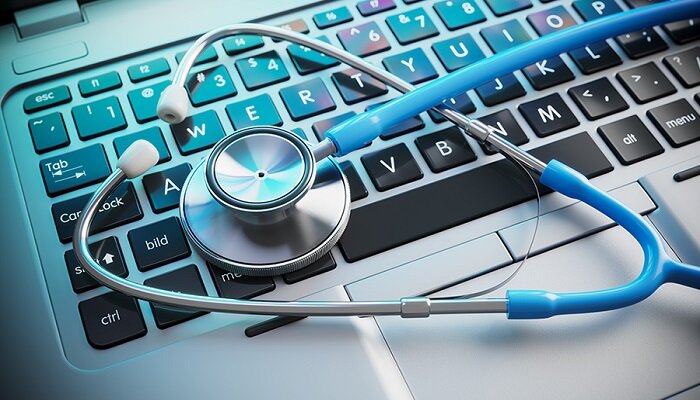Medical devices face a looming danger from hackers, which further intensifies the ongoing struggle of the healthcare industry to enhance its cybersecurity measures. This threat is further exacerbated by the growing reliance on connected devices, remote work, and Bring Your Own Device (BYOD) policies. Consequently, healthcare organizations must prioritize securing their endpoints promptly to safeguard against cyber attacks that could jeopardize patient data and safety. There is a constant presence of criminals seeking to exploit vulnerabilities in hospital systems, aiming to pilfer sensitive data with the potential to be sold on the dark web.
Medical devices serve dual purposes in the healthcare industry. Not only do they gather and transmit patient data, but they also play a crucial role in regulating and administering patient treatment. For instance, these devices can monitor vital signs or deliver medication doses. However, unlike regular PCs, they have specialized software and hardware, making them incompatible with standard security solutions. Due to regulatory and operational constraints, they often lack regular updates and patches, making them vulnerable to cyber attacks that can disrupt functionality and compromise data integrity. These devices are akin to operational technology devices used in manufacturing but are even more sensitive, as they both receive and transmit vital treatment information.
Network segregation
Healthcare institutions should take into account additional measures beyond simply installing endpoint security software. An effective option is to implement network segregation, wherein a distinct network is established for medical devices, separate from regular devices. This approach helps prevent unauthorized access and minimizes the potential for attacks. Another viable solution involves utilizing specialized software and solutions specifically designed for the healthcare industry. Nevertheless, it is important to note that these solutions are not extensively embraced in South Africa or globally. The healthcare industry faces more than just concerns about managing medical devices in terms of cybersecurity. It must also address the potential impact of personal devices owned and used by healthcare professionals within hospitals or other healthcare settings.
Healthcare professionals often prefer to use their own equipment and may be hesitant to install endpoint security software or adhere to the hospital’s security policies. Furthermore, their devices may lack adequate security controls or be susceptible to accidental loss, which increases the likelihood of data breaches or malware infections. The dynamic nature of hospital operations involves a distinction between the hospital group and individual doctors who have their own practices within the hospital. As a result, doctors tend to be cautious or possess a sense of control when it comes to connecting their personal devices to the hospital network.
Healthcare organizations should establish a BYOD policy that outlines guidelines and responsibilities regarding the use of personal devices within the hospital network. Additionally, it is crucial to educate doctors and staff members about the significance of endpoint security and the potential consequences of disregarding best practices. Additionally, they should employ endpoint security tools to monitor and ensure adherence to the policy, effectively identifying and resolving any threats.
Maintaining endpoint security requires ongoing attention and caution. To uphold a strong level of endpoint security hygiene, healthcare organizations must regularly update their software, examine devices for vulnerabilities, and conduct risk assessments to detect and address any weaknesses or gaps.


















